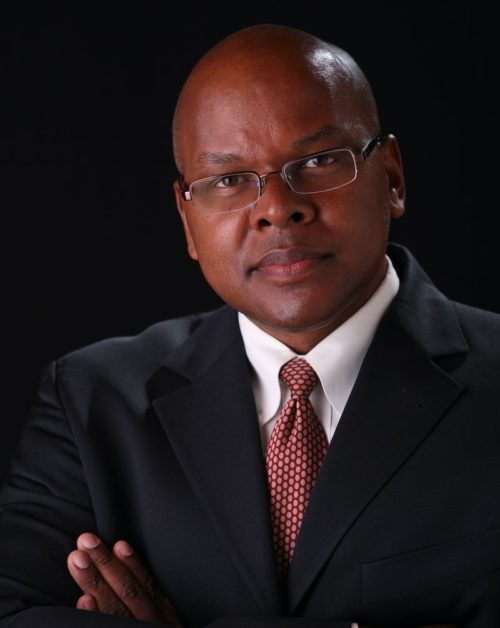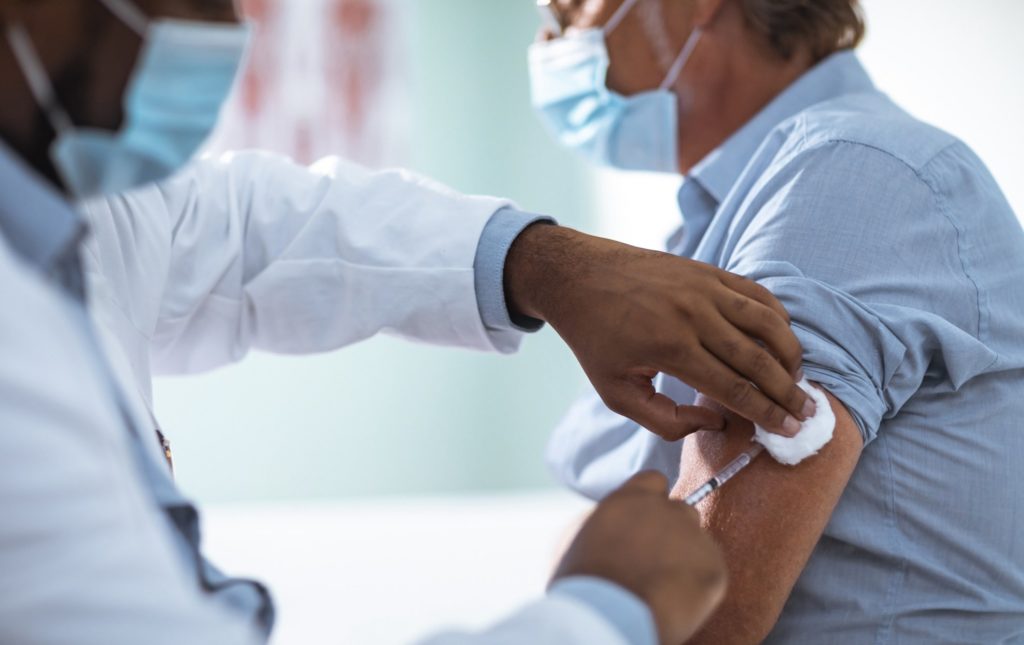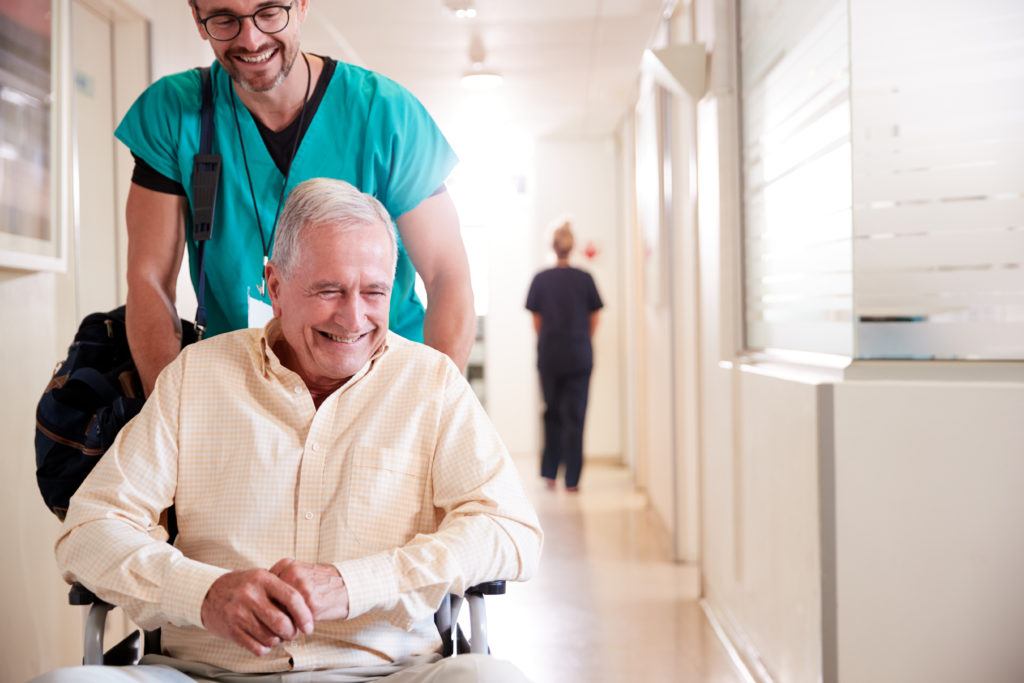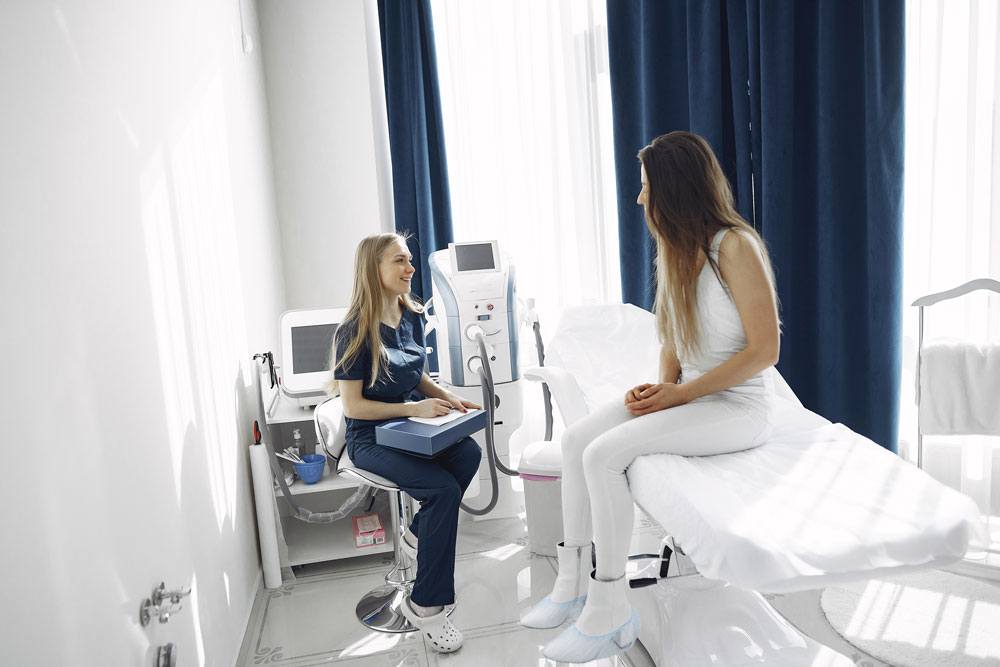Thought Leadership
Is 2021 Interoperability’s Big Breakthrough Year?
Take an academic, a technologist, a doctor, and a nonprofit leader and what do you get? Agreement that 2021 could be the breakthrough year for interoperability in healthcare. In a lively conversation at the end of last year for the Fierce Health IT Virtual Series, “The future of interoperability—will we ever get there?”, we were…
Read MoreWelcoming Adam Harrison to Manifest MedEx
We are so excited to be welcoming Adam Harrison as Manifest MedEx’s first Chief Growth Officer. An athenahealth alum, he brings more than 18 years of experience in leading high-performing sales teams. Adam’s role includes adding new California provider and health plan participants to receive clinical and claims data across MX’s network of more than…
Read MoreHealth Information Exchanges Help Providers Get Beyond Fear and Share Data
The Covid-19 pandemic has proven the dire need for the health-care industry to share health-care data in a secure, private way. Health information exchanges help providers move past their data sharing fears and toward interoperability, says Deven McGraw, co-founder of Ciitizen and a former HHS health information privacy official. This global pandemic is one more…
Read MoreHealth Data Can Help Us Close the Cultural Awareness and Trust Gaps Exposed by COVID-19
American healthcare has so many advantages: cutting-edge vaccine development, global experts in public health, massive gains in our technology and interoperability, while at the same time, Americans are suffering and dying because of a crisis of trust. The devastating health outcomes of distrust and a broken health contract this year have been made even clearer…
Read MoreOther Voices: No More Fax Machines, Give Doctors Access to Medical Records to Save Lives During COVID-19
Too many Californians have learned first-hand that one of the most frightening things about COVID-19 is how it robs you of your ability to breathe — let alone speak. In a medical emergency, every second counts and every bit of information matters. But what happens when we can’t communicate because we’re unconscious and gasping for…
Read MorePreparing for a Vaccination Campaign of Unprecedented Scale
With COVID-19 cases on the rise and hospitals again overwhelmed, recent good news about three vaccine candidates provides a welcome light at the end of a long tunnel and is a stunning scientific achievement. “This will go down in history as one of science and medical research’s greatest achievements. Perhaps the most impressive,” said Scripps…
Read More5 Myth-Busting New Hospital ADT Notification Requirements
When doctors know their patients have been to the hospital, they can act fast to provide needed support. Widespread use of hospital event notifications is associated with all kinds of health benefits, including a 10 percent decrease in readmissions for Medicare beneficiaries. These event notifications are one of the simplest, easiest (most-bipartisan!), and most impactful changes we can…
Read MoreHere Are Four Ways California Can Improve Our Health Data Challenges
California has had strong leadership in the COVID-19 pandemic. But, like other states, we are struggling to get COVID-19 data right. Between the disclosure of a missing backlog of a quarter of a million lab results and announcement of a $15.3 million six-month contract with Optum to fix COVID-19 data, California is reckoning with health information issues. With decisive…
Read MoreThe Interstate Highway System: A Model for Investing in U.S. Health Care
Driving from California to Vermont, as I did this summer, offers time to think and plenty to look at. The vast interstate highway system that I followed for much of my journey, championed by President Dwight D. Eisenhower, was created in large part by the Federal-Aid Highway Act in 1956, which declared that building this highway system…
Read MoreIndustry Voices—An Inside Look at Analyzing Coronavirus Risk Inside a Health Data Network
We got the call. Riverside County, one of the most active regions in our health data network, was asking for help with identifying people in their community who most critically need help during the COVID-19 pandemic. From my time at the Office of the National Coordinator to Aledade to the past three years at Manifest…
Read More








